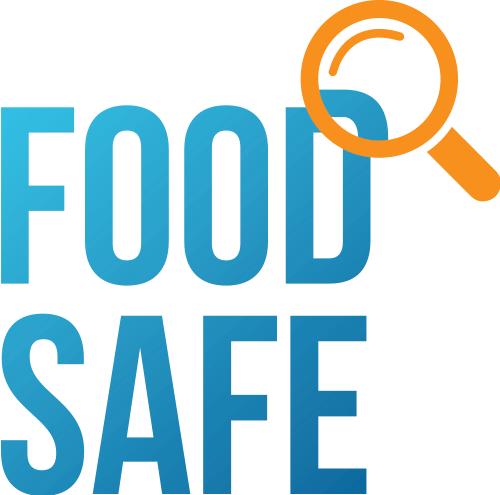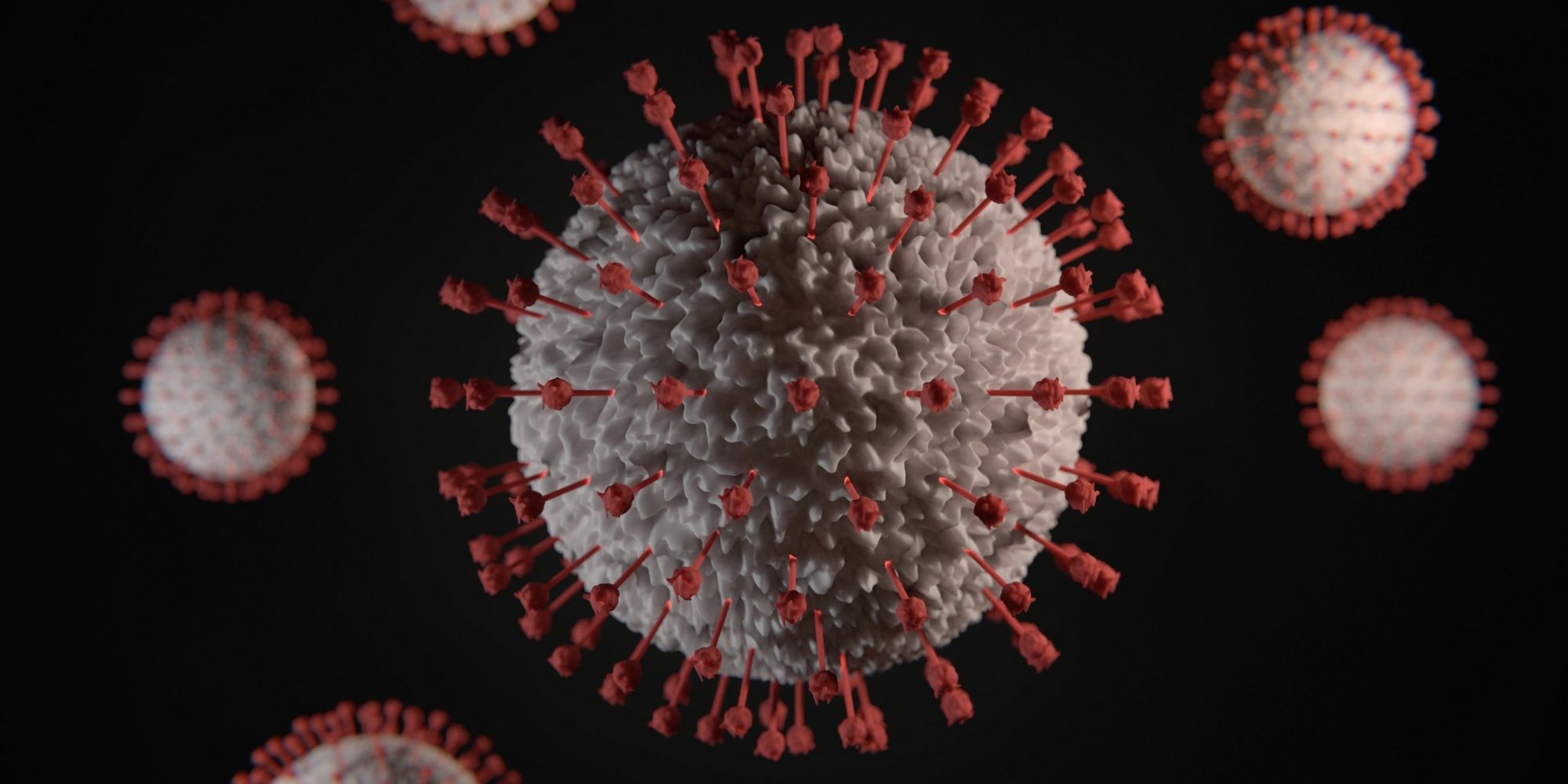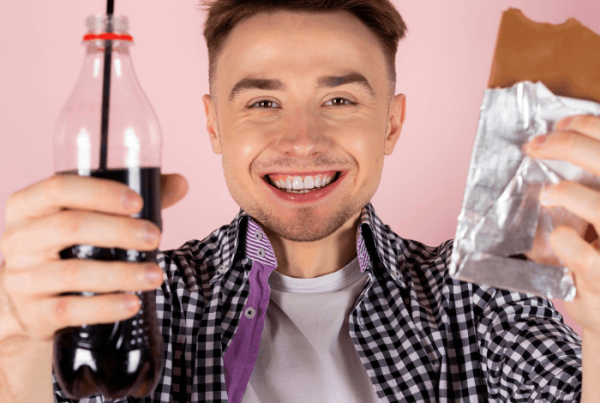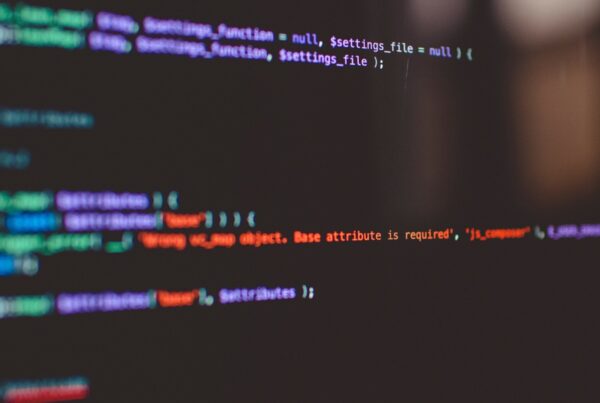Information about Covid-19 (Coronavirus 2019-nCoV) and related resources to keep our trainees & families safe
Updated: 25 January 2022 with live dynamic links.
At Food Safe we believe an understanding based on science helps provide you with a strong conceptual and learning foundation, an approach that both the New Zealand Government MPI and global organizations like the World Health Organisation WHO also endorse.
The information contained in this post is only intended for the purposes of providing a broad overview of the science over the years.
While all reasonable effort is made to ensure the information is current at the time of training, it is not intended to take the place of or to represent, regulations or legislation that are updated continuously.
The source for up-to-date information in New Zealand is covid19.govt.nz for Global visitors is WHO
About COVID-19 Coronavirus nCoV
The World Health Organisation (WHO) videos above provide you with some basic information & helpful answers
How Do mRNA Vaccines Work?
Johns Hopkins School of Public Health
Coronavirus mutations including Omicron
Dr. Sanjay Gupta
Talking About Vaccinations
RNZ Checkpoint: Face Masks
Responding to false & misleading information
Having a conversation with Friends & Whānau
Guide to buying Masks: KN95, N95 & P2 Respirators
How to break the chains of transmission
How to wear a medical mask
How BioNTech Used Cancer Research To Create Its Covid Vaccine
Illustration About a Flu Virus
Mask FAQ
What are the mask requirements when visiting food businesses, close proximity settings and workplaces with vaccine mandates in place?
Masks must be worn at food and drink businesses and close-proximity businesses, events, and gatherings. The existing exception of when you are eating or drinking still applies. The requirements may not apply to non-public facing workplaces, swimming pools, and gatherings where you have the exclusive use of premises.
For instance, masks are required for people at restaurants when they enter, when they get up to use the bathroom.
Are scarves, bandannas or T-shirts pulled up over the face acceptable masks?
A mask must be designed to cover your nose and mouth properly.
Face coverings must be an actual mask as opposed to scarves, bandannas or T-shirts pulled up over the face.
All workers who are legally mandated to be vaccinated must also wear a medical-grade mask. For example, a Type 2R or Level 2 mask or above while working in public-facing roles. This includes the widely available blue medical grade that many people were already wearing.
What’s the difference between N95, KN95, FFP2 and , P2 Respirator Masks?
WORLD STANDARDS AND CLASSIFICATION
Disposable respirator masks are subject to various regulatory standards throughout the world. These standards specify certain required physical properties and performance characteristics in order for respirators to claim compliance. During a pandemic, health authorities will often use the following performance standards when making respirator recommendations.
P2 (Australia/New Zealand AUS/NZ 1716:2012) Respiratory protective devices describe three classes of particulate filter, Class P1, P2 and P3. The P2 respirator is equivalent to the USA standard N95 and endorsed by the Australian government for public use during the coronavirus pandemic.
N95 (United States NIOSH-42CFR84)
FFP2 (Europe EN 149-2001)
KN95 (China GB2626-2006)
Korea 1st class (Korea KMOEL – 2017-64)
DS2 (Japan JMHLW-Notification 214, 2018)
So, to keep things simple, if you reside in New Zealand or Australia, look for the P2 certified face mask
About Food Safe
Food Safe Ltd is Accredited + is a Category 1 NZQA-Registered PTE. Training complies with the Food Safety Regulations, Verifier Audits right across New Zealand as well as with Codex Alimentarius – FAO and ISO Standards across the Globe.
Our training is trusted by both well-known New Zealand and Global food companies and heaps of small teams too! Our training is science-based on New Zealand regulatory and globally recognized best practices – MPI, FAO, FDA, EU
Food Safe’s advisory committee includes leading experts, quality and compliance managers, and governance experts. For even more information about Food Safe and the companies we work with, click here





